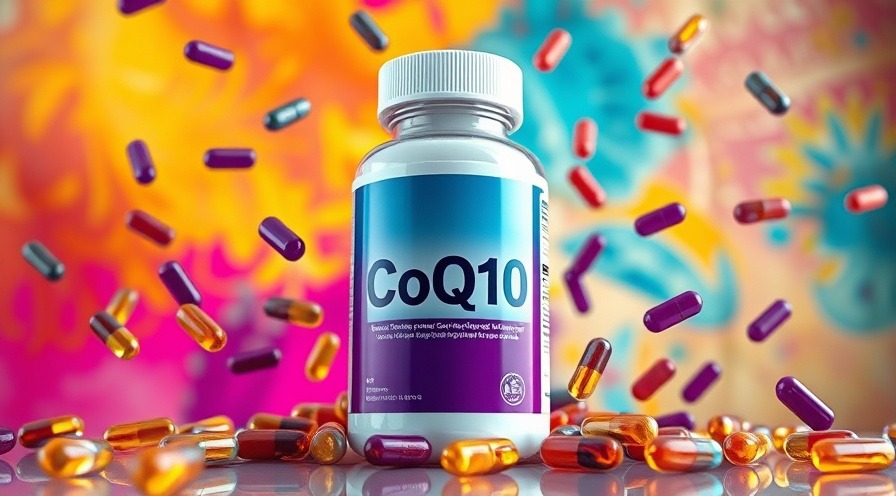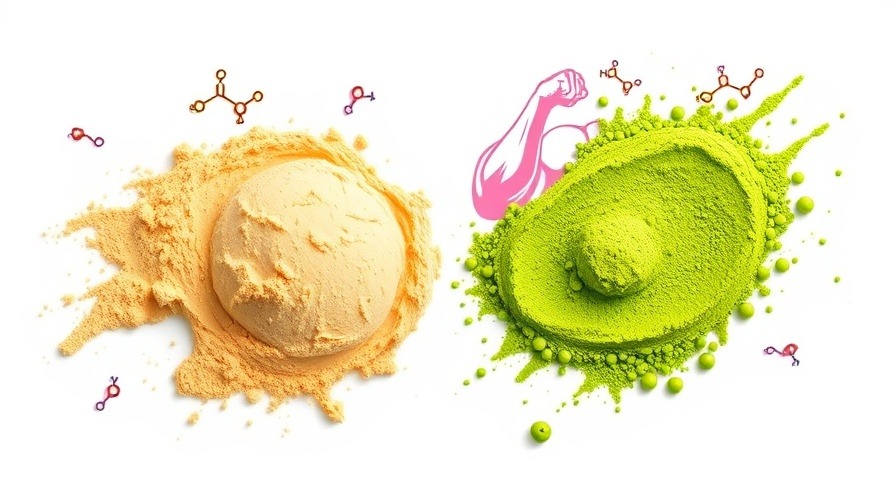
What is CoQ10 and How Does It Work?
CoQ10, short for coenzyme Q10, is not just a cool name; it plays an essential role in how our bodies produce energy. Found in every cell, this enzyme is vital for the production of adenosine triphosphate (ATP), which our cells use as energy currency.
However, as we age, our bodies produce less CoQ10, peaking at around age 20, and decreasing significantly by age 80. This decline raises questions about supplementation to alleviate age-related energy loss or specific health conditions.
In 'CoQ10 Supplement For Statin Muscle Aches? Doctor Explains', the discussion dives into the relationship between CoQ10 and statin-related discomfort, exploring key insights that sparked deeper analysis on our end.
CoQ10 and Statin-Related Muscle Pain
Statins are a common medication prescribed to lower cholesterol, yet they often come with unwanted side effects like muscle pain. This is where CoQ10 enters the conversation. Studies suggest that the reduction in CoQ10 due to statin medications may contribute to muscle aches experienced by some patients. While some anecdotal evidence suggests that taking CoQ10 could help alleviate these pains, concrete research has yet to definitively establish its effectiveness. If you're one of the many experiencing muscle discomfort from statins, CoQ10 might be worth discussing with your doctor.
Understanding the Potential Benefits of CoQ10
Beyond muscle pain, CoQ10 has been implicated in a range of health issues. Some studies indicate that it might have potential benefits for heart health, though definitive conclusions have been elusive. For example, it has been proposed that CoQ10 may aid in reducing blood pressure and improving heart conditions, but no consistent guideline supports its mandatory use for these conditions. Interestingly, CoQ10 has received a recommendation for treating migraines, suggesting it may have specific applications worth exploring.
Who Should Consider Taking CoQ10?
Considering the overarching safety and relatively low cost of CoQ10 supplements, certain groups may benefit from their use. Individuals on statins or those experiencing age-related decreases in energy and vitality could find CoQ10 helpful. However, it’s vital to consult a healthcare provider before starting supplements, especially if you're taking conflicting medications like blood thinners.
Common Misconceptions About CoQ10
One major misconception is that dietary sources alone can provide sufficient CoQ10. In reality, the amount found in foods is minimal, making dietary intake impractical for meeting the body's needs. The best way to maintain adequate levels, especially as one ages or takes statin drugs, may be through supplementation. However, it’s essential to assess your health conditions and medications before making that decision.
Taking Action: Consulting Your Healthcare Provider
If you’re interested in the potential benefits of CoQ10, particularly concerning muscle aches caused by statin medications, it’s time to talk with your healthcare provider. They can help you navigate the decision on whether to add this supplement to your regimen, based on both your medical history and lifestyle.
In conclusion, while CoQ10 presents an intriguing avenue for those navigating the challenges of aging and statin use, personalized health decisions should always involve professional guidance to ensure safety and efficacy.
 Add Row
Add Row  Add
Add 




 Add Row
Add Row  Add
Add 

Write A Comment